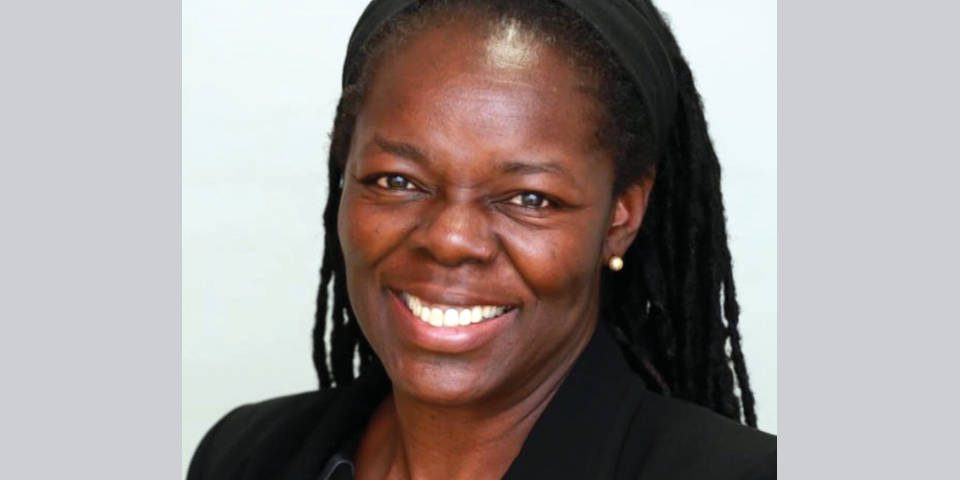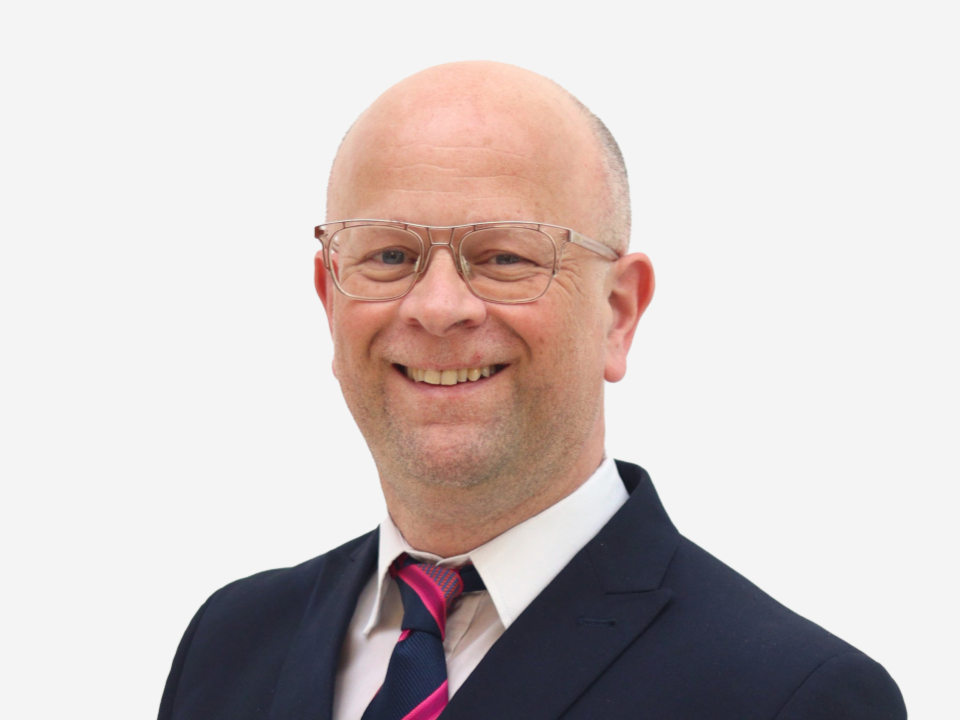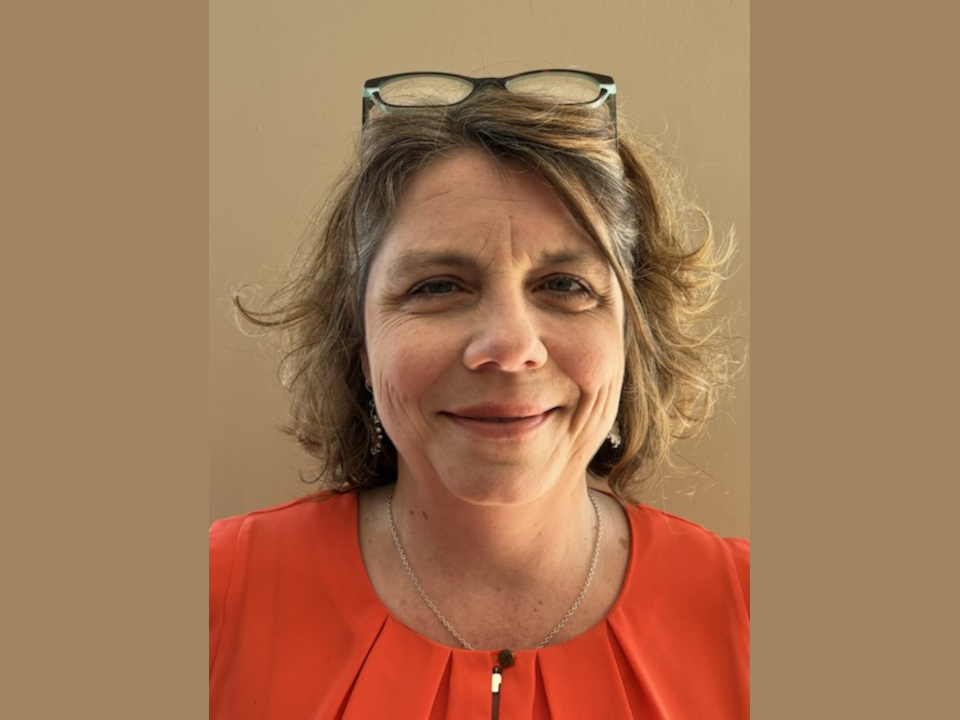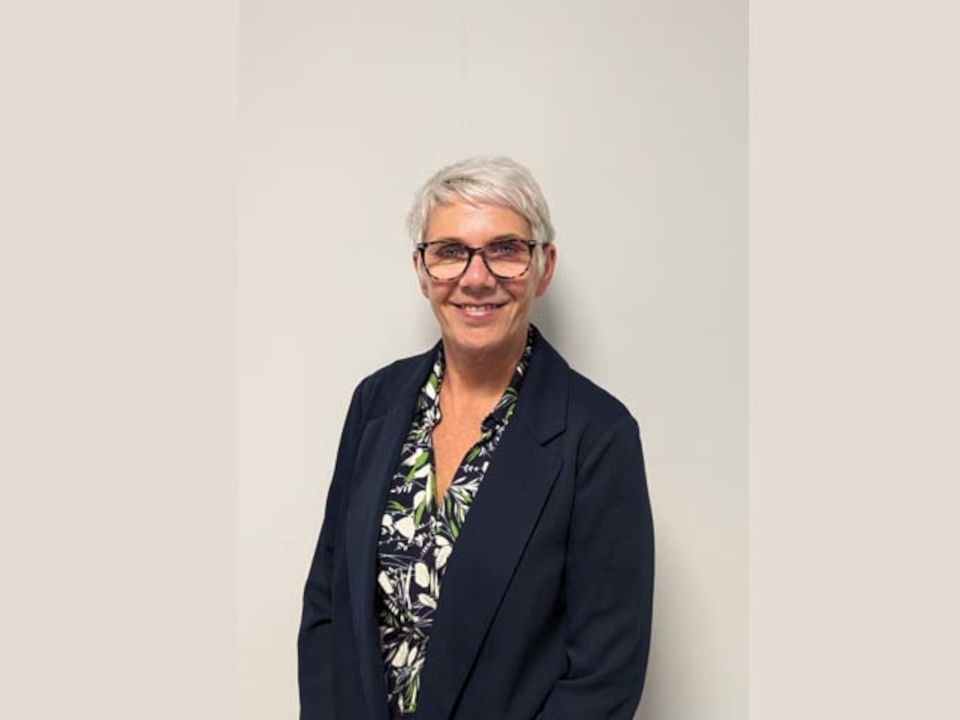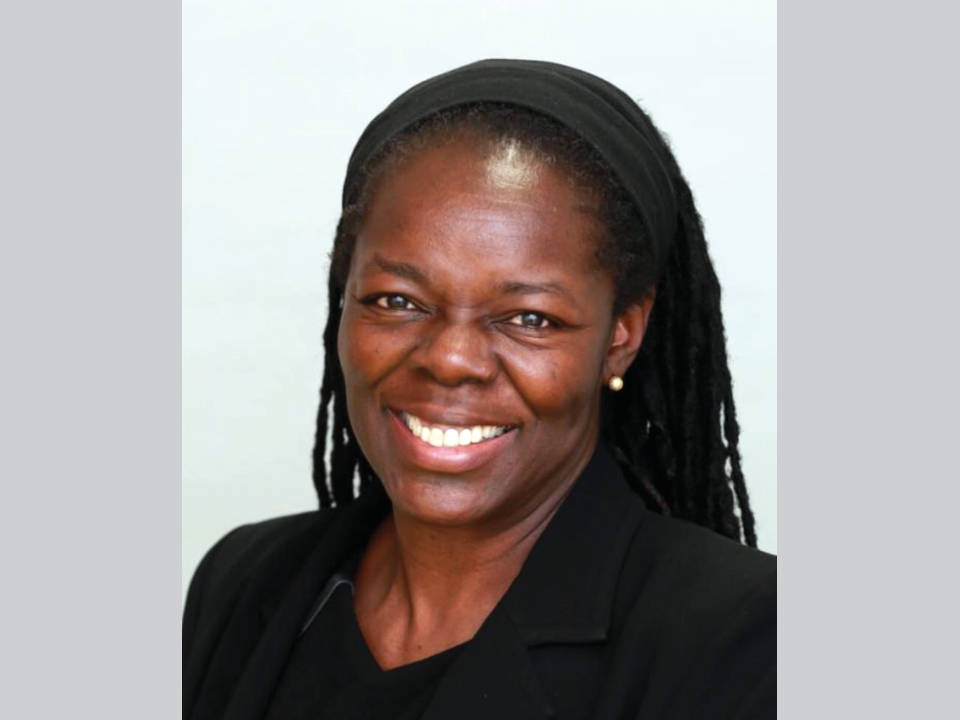
Ann Graham
Vice Chair of the Greater London Region
Director of Children's Services, Haringey Council
Fresh from a HMI Probation inspection of our local services, the children in our youth justice system (YJS) are once again at the forefront of my mind. While we should celebrate the steep reduction in the numbers of children now entering the formal criminal justice system, those who do find themselves working with the YJS are a complex cohort whose issues long pre-date their offending.
The government’s pledge to ensure at least 75% of children are reaching a good level of development by the end of key stage one provides a welcome focus on the importance of early years and the need to promote the best start in life. Some of the children who will go on to populate the YJS are often those who are not ‘school ready’ when they enter reception; they have high levels of speech, language and communication needs which often go unrecognised and schools struggle to meet their needs. Many of these children find themselves excluded and on a predictable path, which often leaves them vulnerable to exploitation, and brings them into conflict with the law. Once in the criminal justice system it is difficult to get out and we know this damaging experience disproportionately affects boys of black and mixed heritage.
This pattern was evident in the children’s cases that were analysed as part of the recent joint targeted area inspection on serious youth violence.. Inspectors found that 80% of the children had additional learning needs, many of which had gone unrecognised or without formal diagnosis throughout their troubled educational careers. The inspectors describe these children’s trajectories as a public health failure, as the early intervention and preventative support which could have reduced the levels of serious violence was not in place.
Our youth justice services are often the first place that a holistic assessment of these children’s learning and support needs is undertaken. Our services do great work at repair and reintegration, but rather than late intervention when much damage has been done, our ambition must surely be to get it right for these children from the outset. Inevitably this will require government investment but research into SureStart demonstrates this would be money well spent. The best start in life and early intervention for those who need it is a goal worth pursuing for all children but will make the greatest difference for those who are most vulnerable. That is why when we think about a mission to extend opportunity and provide the best start in life, we should always keep the children in our youth justice system at the forefront of our minds.
I write as Vice Chair for the ADCS London Region and also as the new Vice President Elect for ADCS. I am pleased, excited and I have to say, a little apprehensive about the new role! Thank you to everyone for your kind words following my appointment. I am humbled. I look forward to supporting Rachael and Andy in their roles and to continuing to work with you all to achieve better outcomes for all our children and families.


